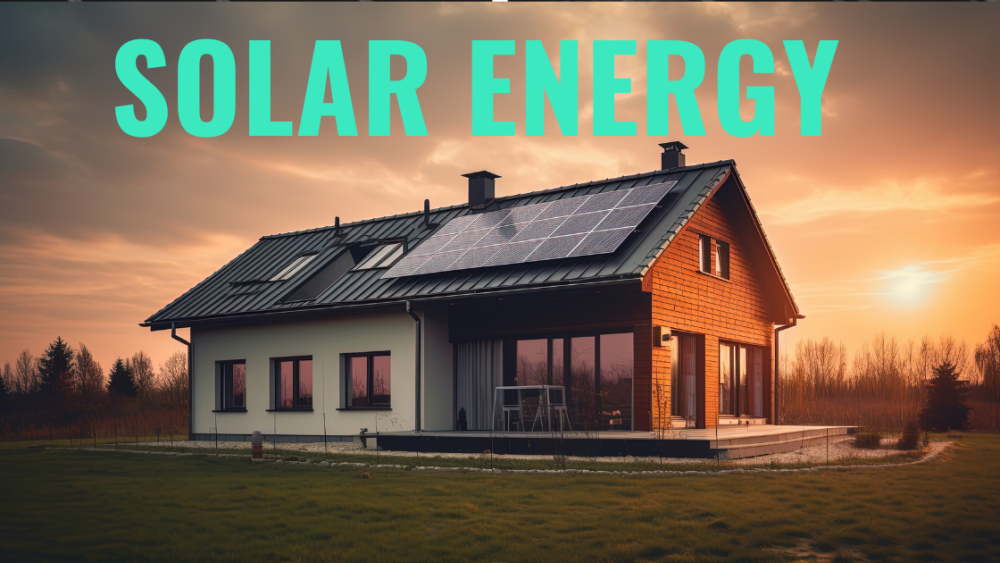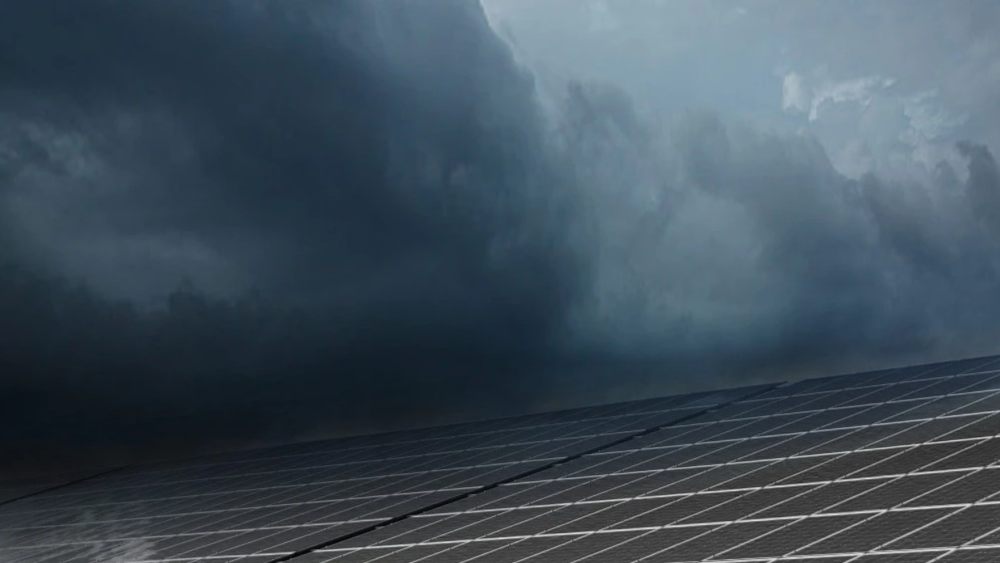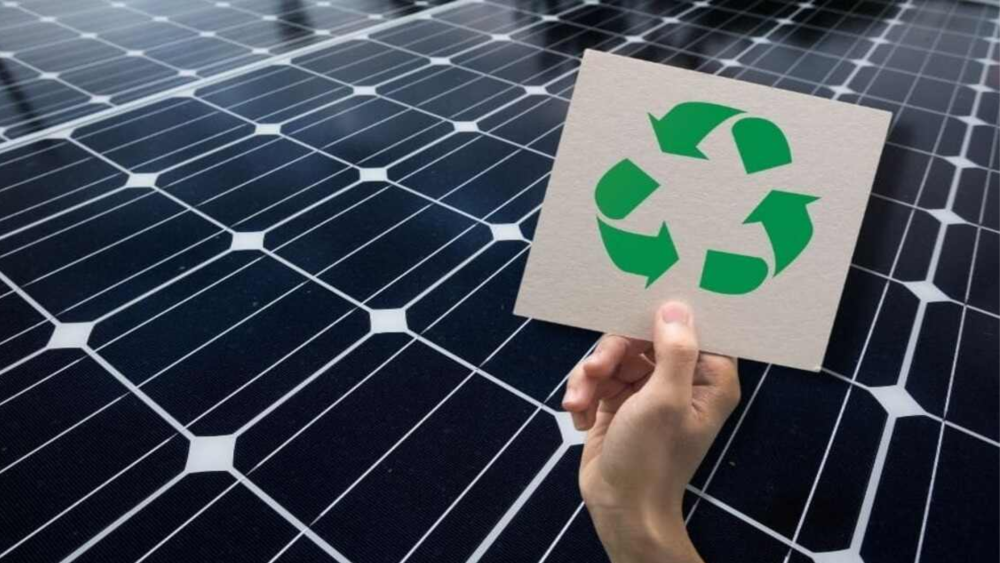Solar Panels for Home: A Complete Guide to Going Solar
Written on . Posted in Solar panels.

Try our solar cost and savings calculator
Introduction: Switching to solar energy is a smart investment for homeowners looking to reduce energy costs and their environmental footprint. This guide will walk you through everything you need to know about solar panels for home use, including the benefits, installation process, costs, and how to choose the right system for your needs.
1. Why Go Solar?
-
Energy Savings:
One of the main reasons homeowners switch to solar is to save on energy bills. Solar panels can significantly reduce or even eliminate your electricity costs, depending on your energy consumption and the size of your solar system. -
Environmental Impact:
Solar energy is clean and renewable, meaning it doesn't produce harmful emissions like fossil fuels. By installing solar panels, you're contributing to a greener planet by reducing your carbon footprint. -
Increase in Home Value:
Homes with solar panels often have higher property values. Potential buyers see the value in reduced energy costs and the environmental benefits, making your home more attractive on the market.
2. How Do Solar Panels Work?
-
Photovoltaic Cells:
Solar panels consist of photovoltaic (PV) cells that convert sunlight into electricity. When sunlight hits the cells, it creates an electric current that powers your home. -
Inverters and Grid Connection:
The electricity generated by solar panels is direct current (DC), which needs to be converted into alternating current (AC) for home use. Inverters handle this conversion, and any excess energy can be fed back into the grid, often earning you credits on your energy bill.
3. The Installation Process:
-
Assessment and Design:
Before installation, a solar provider will assess your home’s energy needs, roof condition, and sun exposure. Based on this assessment, they will design a solar system tailored to your specific requirements. -
Permitting and Installation:
Once the design is finalized, the necessary permits will be obtained. Installation typically takes a few days, during which panels are mounted on your roof, and electrical connections are made. -
Inspection and Activation:
After installation, a final inspection ensures everything is up to code. Once approved, your system is activated, and you start generating solar power.
4. Cost and Financing Options:
-
Initial Costs:
The cost of installing solar panels can vary based on system size, location, and equipment quality. On average, homeowners can expect to pay between $10,000 and $30,000 for a complete solar system. -
Incentives and Rebates:
Many states offer incentives, rebates, and tax credits to offset the initial cost of solar panels. The Federal Solar Tax Credit, for example, allows you to deduct a portion of the cost from your federal taxes. -
Financing Options:
Solar loans, leases, and power purchase agreements (PPAs) are popular financing options that make solar more accessible. These options allow you to go solar with little to no upfront cost and pay for the system over time.
5. Choosing the Right Solar Panels:
-
Efficiency and Durability:
When selecting solar panels, consider their efficiency and durability. Higher efficiency panels produce more electricity, while durable panels withstand harsh weather conditions better. -
Warranty and Support:
Look for panels with strong warranties and customer support. A good warranty can cover the cost of repairs or replacements if something goes wrong with your system. -
Reputable Brands:
Research and choose reputable solar panel brands known for their quality and reliability. Some top brands include SunPower, LG, and Tesla.
6. Maintenance and Monitoring:
-
Minimal Maintenance:
Solar panels require minimal maintenance. Cleaning them a few times a year and ensuring they're free from debris is usually enough to keep them running efficiently. -
Monitoring Systems:
Many solar systems come with monitoring tools that allow you to track your energy production and consumption in real-time. This helps you maximize your solar savings and detect any potential issues early on.
Conclusion: Investing in solar panels for your home is a decision that pays off in the long run. From reducing energy bills to contributing to a greener environment, the benefits are significant. By understanding the process, costs, and options available, you can make an informed decision and enjoy the advantages of going solar.
CTA: Ready to make the switch to solar? Contact us today to get a personalized quote and start your journey towards energy independence.
Try our solar cost and savings calculator




